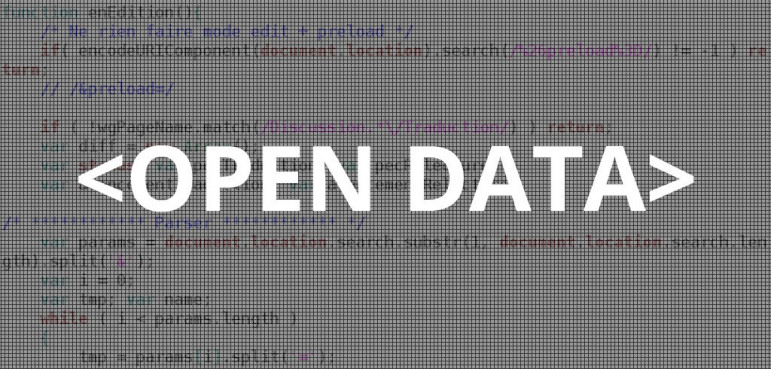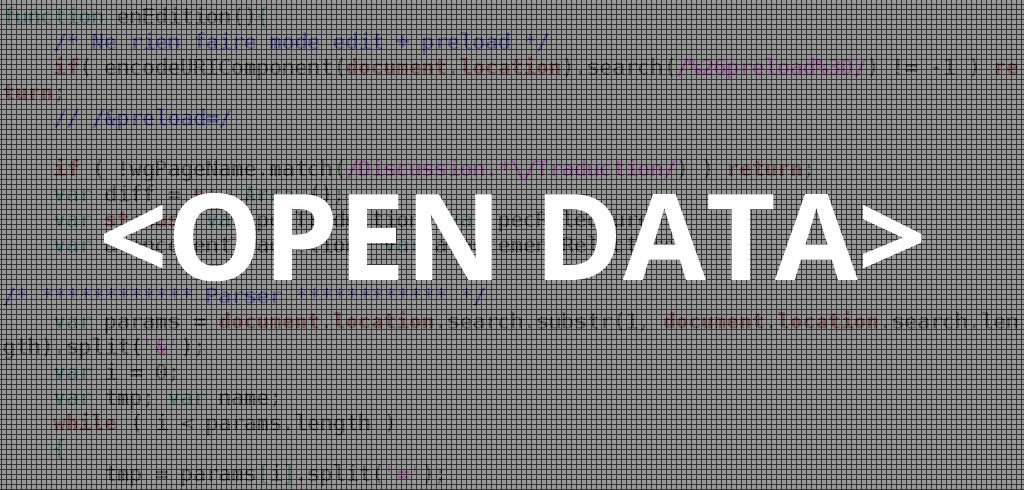 Editor’s Note: Can open government be imposed from the outside? The first Africa Open Data Conference is scheduled for this September 1-3 in Dar es Salaam, Tanzania. Among its supporters is IBM Chief Information Strategist Steven Adler, whose blogs on open government and freedom of information are well known to readers of this website. In today’s feature, Adler looks at the state of African open data and finds major challenges before the data revolution finds its potential there.
Editor’s Note: Can open government be imposed from the outside? The first Africa Open Data Conference is scheduled for this September 1-3 in Dar es Salaam, Tanzania. Among its supporters is IBM Chief Information Strategist Steven Adler, whose blogs on open government and freedom of information are well known to readers of this website. In today’s feature, Adler looks at the state of African open data and finds major challenges before the data revolution finds its potential there.
What I see in Africa open data today is a very immature movement/industry totally dependent on international aid funding, local heroic leadership against almost impossible odds, and absolutely no governmental institutional commitments. Governments are not funding programs and deploying talented resources on their own and there is no public demand. Without international funding there would be no open data programs in Africa today, and a movement without indigenous will and commitment cannot stand on its own.
Why?
Because we are all doing what we do in Africa without developing an open data strategy that will change organizational behavior in African governments. We are all just bringing some of what has worked in the rest of the world to Africa in the hope that it will work there.
It won’t and there is a better way. First, let’s be clear about what open data is and is not.
Open data is a means for the expression of the freedom of information — to know, to learn, and to speak freely and openly in data — that involves and obligates all of us. It is not just a government program and it is not just for all of us to press governments to publish more data, that they largely don’t have in the first place, into the open so that we may consume it.
Open data is a huge opportunity for every person on the planet to be a data collector as well as consumer, and cloud computing makes this practical, cheap, and available.
Lots of documents today are being written about data revolutions and open government, but many of the authors of these documents are not data-driven or very open in their own governance.
We should all expect and deliver much more.
We, the people and their organizations, who write and read these documents and proclaim data revolutions should ourselves have chief data officers, data-driven operations, and be examples of the leadership we want others to adopt.
We should be equal partners in the data revolution, for it is us as civilians, farmers, teachers, doctors, businesswomen, husbands, wives, and children that all create the data that some governments do or do not collect, and then, with some latency, publish for our later edification.
We don’t have to ask governments to do what we ourselves don’t. We can become open data publishers ourselves — all of us — and make it easier for governments to consume and use open data about us and from us by getting it from our own open data repositories rather than through surveys, forms, and reports. Doing so can shorten the latency and increase the utilization of the data to increase the speed to know and learn for all of us and our governments as equal data partners in our societies.
This is what I want to see in the world because this is the full data revolution we all can realize today.
We need a new open data architecture that empowers people to collect and publish their own open data for their own purposes that others can utilize, re-purpose, and share.
It will not be every civil society and every citizen that wants to be an open data publisher, and it will not be every government that wants to let them. But governments themselves are made up of people who are also citizens that live among us and bring back to government what they learn from their friends and neighbors.
If you work in government and have a smartphone, chances are you bought it yourself first because your friends had it and you wanted it, too. Much later, governments added these devices and maybe you got one from them and now have two.
Governments are conservative and resistant to change.
We can overcome that resistance to change that open data represents in African governments. We can do this by taking the lead in making open data a common form of civic information that we as civilians employ every day. And that government employees get to know by being among us at home and who bring the practices to work until it becomes normal and they all want to do it.
Expecting all governments to do what we ourselves don’t yet do is a much harder project, and expecting Western-funded open data programs to have a transformative impact on African governments is not realistic.
We need people data programs in Africa, and I’m calling on all international aid agencies and foundations to prioritize these programs to make the data revolutions succeed in Africa.
 Steven Adler (@DataGov) is chief information strategist for IBM. He is an expert in data science and an innovator who has developed billion-dollar-revenue businesses in the areas of data governance, enterprise privacy architectures, and Internet insurance. He has advised governments and large NGOs on open government data, data standards, privacy, regulation, and systemic risk.
Steven Adler (@DataGov) is chief information strategist for IBM. He is an expert in data science and an innovator who has developed billion-dollar-revenue businesses in the areas of data governance, enterprise privacy architectures, and Internet insurance. He has advised governments and large NGOs on open government data, data standards, privacy, regulation, and systemic risk.

